
Fuelled by climate change, the world’s oceans have broken temperature records every single day over the past year, a BBC analysis finds. Nearly 50 days have smashed existing highs for the time of year by the largest margin in the satellite era. Planet-warming gases are mostly to blame, but the natural weather event El Niño has also helped warm the seas.
The super-heated oceans have hit marine life hard and driven a new wave of coral bleaching.
The analysis is based on data from the EU’s Copernicus Climate Service.
Copernicus also confirmed that last month was the warmest April on record in terms of global air temperatures, extending that sequence of month-specific records to 11 in a row.
For many decades, the world’s oceans have been the Earth’s ‘get-out-of-jail card’ when i...
Read More

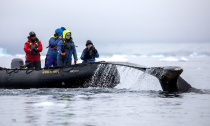
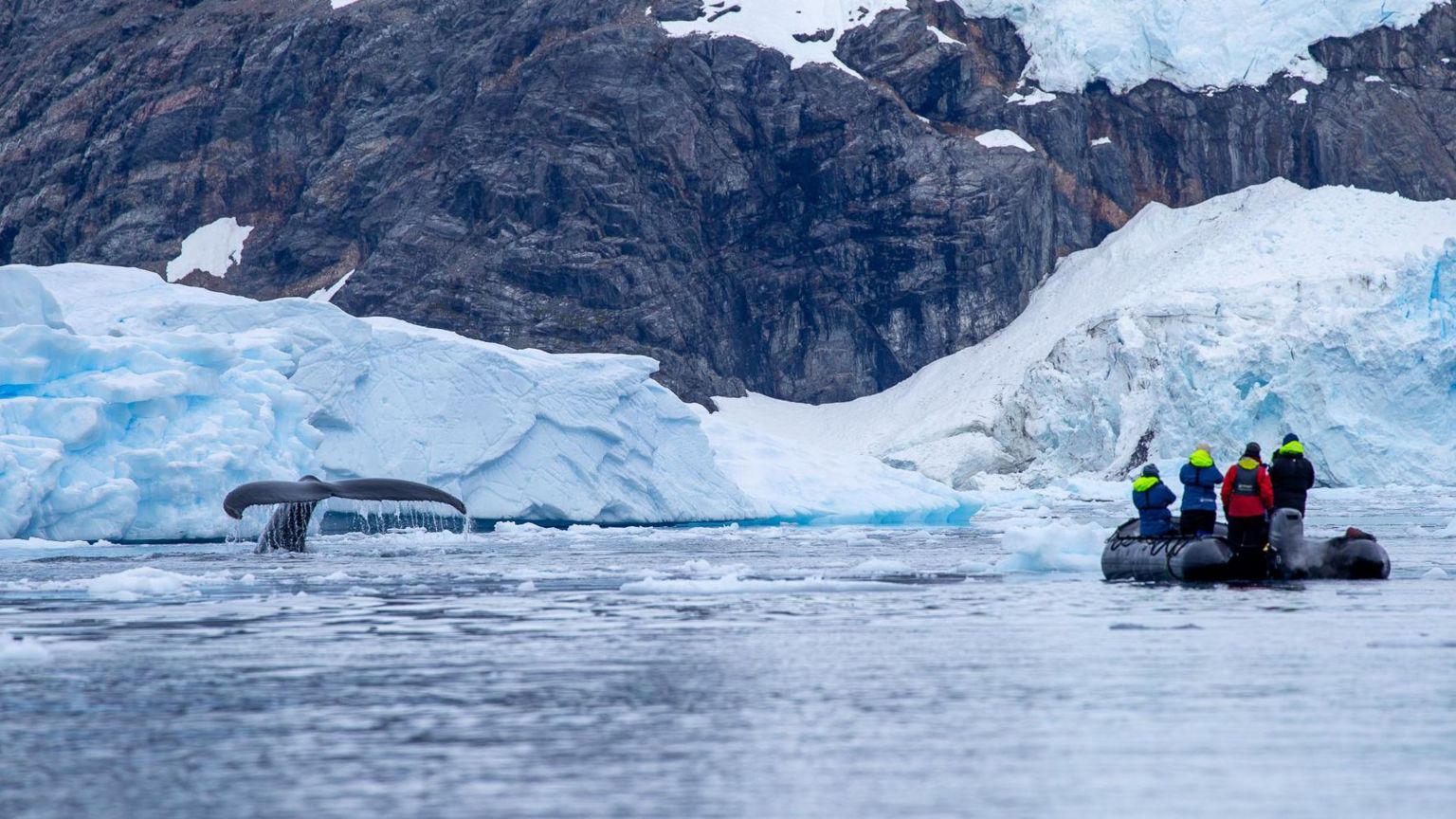

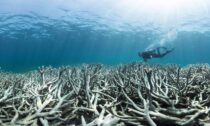
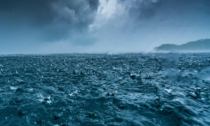
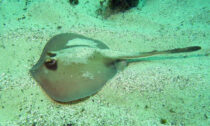
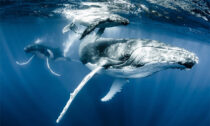
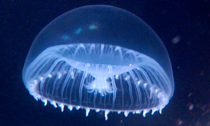

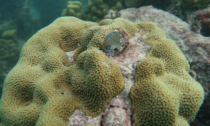



Social Profiles